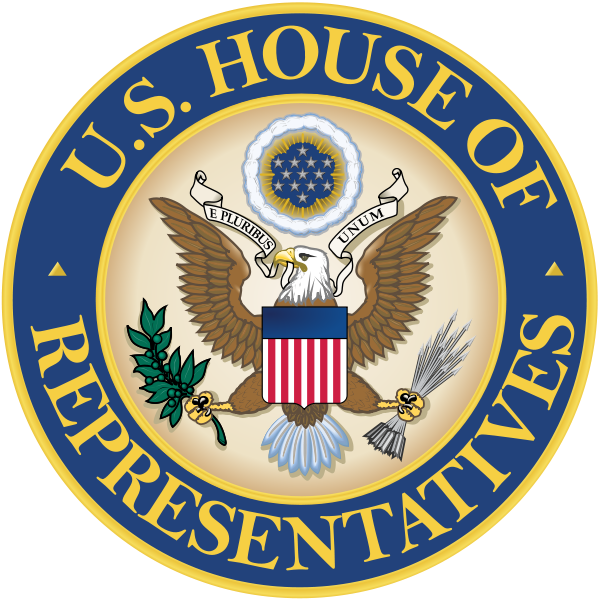House Committee Holds Hearing on Fannie/Freddie Conservatorship; Chairman Announces Bipartisan Reform Legislation

The House Committee on Financial Services Thursday held a hearing, titled A Failure to Act: How a Decade Without GSE Reform Has Once Again Put Taxpayers at Risk, to review the 10 years since Fannie Mae and Freddie Mac (GSEs) were placed under government conservatorship. NCSHA released a statement to comment on some of the issues raised during the hearing.
Chairman Jeb Hensarling (R-TX) opened the hearing by expressing his frustration that, on the 10-year anniversary of Fannie Mae and Freddie Mac entering conservatorship, the GSEs have regained their pre-housing crisis dominance of the housing finance market.
Hensarling announced two legislative initiatives he is introducing to spur action to reform the housing finance system which he believes is facing another potential crisis. Hensarling stated that he would re-introduce the Protecting American Taxpayers and Homeowners Act (the PATH Act), which the Committee passed in 2013. Hensarling reiterated that he believes the PATH Act remains the best proposal to reform the housing finance system but acknowledged the very small likelihood of the legislation becoming law. Retiring from Congress at the end of his term in 2018, Hensarling said he would focus on legislation that has a more realistic chance of passage in this Congress.
To that end, Hensarling introduced a proposal, with fellow Committee member John Delaney (D-MD), that would replace the GSEs with Ginnie Mae. Under the proposal, loan originators would have to acquire coverage from approved mortgage credit guarantors, which would in turn issue privately insured mortgage-backed securities guaranteed by Ginnie Mae.
Hensarling published an op-ed Thursday outlining some of the key provisions of the proposal. NCSHA will provide a comprehensive review of the proposed legislation in the coming days.
Ranking Member Maxine Waters (D-CA), in her opening statement, agreed with the Chairman that comprehensive housing finance reform was necessary but refuted the underlying claim that the GSEs were responsible for the housing crisis. Instead, like many of her Democratic colleagues on the Committee, Waters focused her questions to the panel on what the GSEs have done well for the housing finance market during conservatorship.
One member of the panel, Edward DeMarco, the current president of the Housing Policy Council and former acting director of the Federal Housing Finance Agency, pointed to the success the GSEs had sustaining liquidity in the secondary mortgage market as private capital was withdrawn from the sector during the worst of the financial crisis. Another panelist, Nikitra Bailey, the executive vice president of the Center for Responsible Lending, stated that the GSEs’ efforts to meet their affordable housing goals and duty-to-serve requirements were important steps in improving access to the mortgage market for minority borrowers and other underserved populations.
Representative Bill Huizenga (R-MI) asked the panelists what maximum loan-to-value (LTV) ratio would be acceptable for GSE backing. All the panelists agreed it is difficult to set an acceptable universal LTV ratio due to the greatly varying circumstances of borrowers and were unwilling to provide Huizenga with a specific number.
Representative Carolyn Maloney (D-NY) stressed the importance of affordable housing resources that have been made available during the GSE conservatorship and declared that any potential reform that would diminish resources for affordable housing would not receive her support. Maloney also expressed reluctance to back a Ginnie Mae housing finance reform model, such as the one proposed by the Chairman, due to the relatively small number of employees at Ginnie Mae compared to the GSEs.

